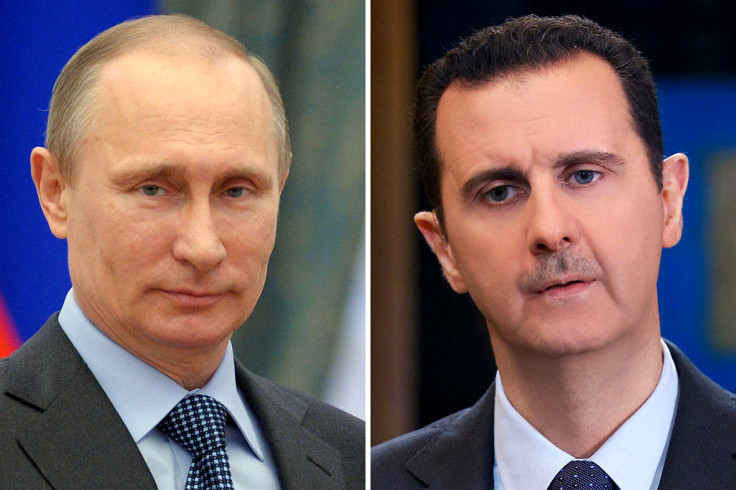Syria's Assad Praises Putin for Changing World Order

Syria's president Bashar al-Assad has heaped praise on key ally Vladimir Putin, following Russia's annexation of Crimea.
Speaking as a Russian delegation visited the Syrian capital, Assad said that Moscow had helped establish a "multipolar world", meaning that power was now shared more evenly than in the past.
The Kremlin has remained steadfast in its support of Assad throughout the Syrian conflict which has entered its fourth year. Putin has supported the Syrian government by fulfilling arms contracts and providing financial assistance to the embattled Syrian regime.
Moreover, Moscow has vetoed a number of resolutions condemning Assad at the United Nations Security Council over the past three years. The US, France and the UK had drawn up a number of proposals that would have imposed tougher sanctions on Syria and could have paved the way for military intervention.
"The important role that Russia is playing on the international scene is making a clear contribution towards drawing up a new map for a multipolar world," said Assad, according to the Sana state news agency.
Moscow was helping to "achieve international justice, in the interests of states and people who believe in their sovereignty and independent decision-making," he continued.
Assad has publicly supported Russia's actions in Ukraine, after it annexed Crimea when a majority of residents voted in favour of loosening ties with Kiev and moving closer to Moscow.
The vote was described as illegal by Western leaders and rejected by the UN General Assembly.
Assad thanked Russia for its support and said he was satisfied with the level of cooperation between the two countries.
The Russian delegation in Damascus was headed by Sergei Stepashin, a former prime minister, who carried a personal message for Assad from Putin.
More than 150,000 people have been killed during the Syrian conflict, according to a pro-opposition watchdog. At least two million Syrians have fled the country as refugees and a further six million are internally displaced.
© Copyright IBTimes 2025. All rights reserved.






















